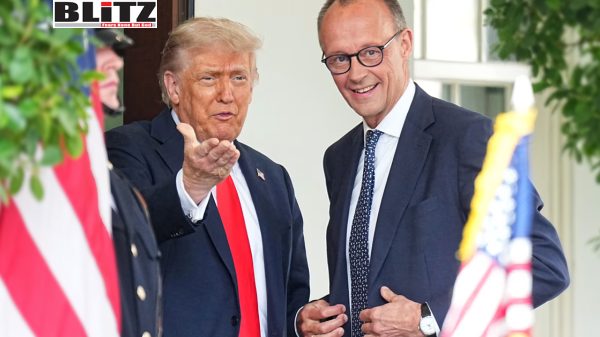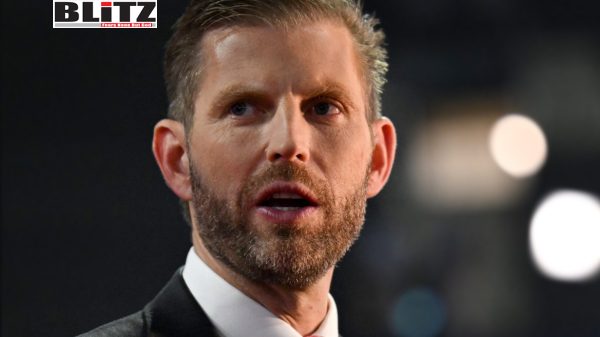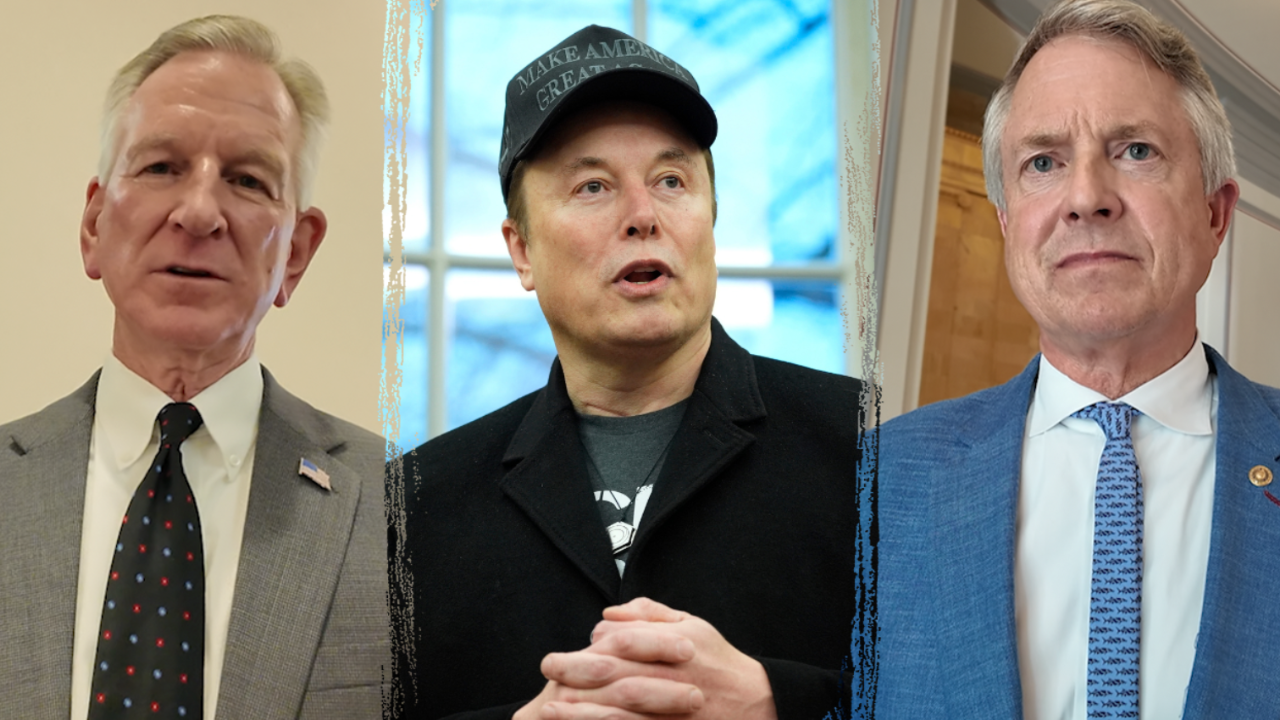The 2025 NATO Summit in The Hague marked a critical juncture for the Western alliance and, more significantly, for Germany’s evolving role in Europe’s security architecture. Among the key takeaways was the adoption of a new target: each member state should allocate 5 percent of its GDP to defense spending by 2035. For many countries, this is a bold leap. For Germany, it is nothing short of historic.
After decades of military restraint rooted in the trauma of two world wars, Germany is now embracing rearmament on a scale unseen since 1945. Under Chancellor Friedrich Merz, the country is not merely boosting its defense budget-it is reshaping its national identity, assuming a more assertive stance within NATO, and preparing to lead rather than follow in matters of European defense.
This dramatic transformation comes amid longstanding tensions within NATO regarding burden-sharing. For years, US officials-especially President Donald Trump-have criticized European allies for underinvesting in their own defense while depending heavily on American military power. In 2024 alone, the US defense budget stood at a staggering $935 billion, more than double the combined defense spending of the remaining 31 NATO members. When Russia launched its full-scale invasion of Ukraine in 2022, this imbalance became painfully evident. Europe, collectively, lacked the logistical capacity, rapid deployment mechanisms, and munitions stockpiles to effectively respond without US support.
Germany, traditionally reluctant to project military power, now finds itself at the center of a seismic shift. The Merz administration has committed to building the Bundeswehr into “the strongest conventional army in Europe” by 2031. This statement, once unthinkable in postwar German politics, encapsulates a broader reorientation of national policy. Germany’s 2025 defense budget has reached 2.4 percent of GDP-a record in the postwar era-and is projected to hit €162 billion by 2029. Legal reforms now allow Berlin to bypass its constitutionally enshrined debt brake, a sign of how seriously the government is treating its military ambitions.
The scale of the transformation is immense. The Bundeswehr will expand its active personnel from 182,000 troops to over 203,000 by 2031, with a goal of eventually reaching 240,000. Procurement programs are being fast-tracked. Germany is acquiring F-35 stealth fighters, Eurofighter jets, Leopard 2 tanks, PzH 2000 self-propelled howitzers, Patriot missile systems, and state-of-the-art military drones. There is also significant investment in space-based assets and electronic warfare tools, reflecting the growing importance of multidomain operations in modern warfare.
Beyond hardware, Berlin is now flexing its muscles geopolitically. In May 2025, Germany committed to permanently stationing an armored brigade in Lithuania-the first long-term overseas deployment of its forces since World War II. This move, aimed at bolstering NATO’s eastern flank, underscores Germany’s willingness to act independently of US directives and to deter potential aggression from Moscow. Where once Germany cautiously followed the strategic direction of Washington, it is now charting its own course.
For much of the 20th century, this level of military ambition would have been politically untenable in Germany. Postwar West Germany was rebuilt around pacifism, diplomacy, and economic development. Even after reunification, its defense policy remained deeply restrained, shaped by a public consciousness wary of reviving any semblance of the militarism that had devastated Europe twice in the previous century. The Bundeswehr was explicitly non-offensive in its design. Its missions were often limited to peacekeeping, humanitarian relief, or NATO-mandated deployments.
However, the invasion of Ukraine and the deteriorating security environment in Eastern Europe have changed the calculus. Germany’s leadership now views rearmament not as a threat to its democratic values but as a necessary evolution to defend them. In parallel, it sees an opportunity to assume leadership within Europe’s defense framework, particularly at a time when US global commitments are increasingly uncertain.
Should Trump return to the presidency-as many expect in the 2024 US election-questions about America’s long-term commitment to NATO will likely intensify. Trump has previously floated the idea of withdrawing the US from the alliance or conditioning support on greater European spending. This geopolitical ambiguity has prompted Berlin and other European capitals to rethink their dependence on Washington. The concept of “strategic autonomy”-once mostly confined to French discourse-now finds increasing resonance in Germany.
This shift does not just affect Europe. Germany’s defense reawakening carries significant implications for the Middle East and North Africa. Long a supplier of industrial machinery and transport vehicles, Germany’s defense industry is now positioning itself as a key player in global arms markets. Its high-quality components-especially for air defense, armored systems, and electronic warfare-are in high demand among Middle Eastern militaries seeking to modernize their capabilities.
Countries such as Egypt, the United Arab Emirates, and Saudi Arabia may turn increasingly to Berlin for defense procurement, training, and joint development projects. Given current tensions in the Gulf and the Levant, Berlin’s neutrality compared to Washington or Moscow could make it a more palatable partner for nations wary of aligning too closely with any superpower bloc.
This trend could also complicate geopolitical dynamics. Israel, a longstanding partner of Germany, is likely to benefit from closer military collaboration. But others-particularly Iran-may interpret Germany’s rising military presence and its support for NATO operations near Russia’s borders as a sign of Western encirclement, further fueling regional suspicions.
Ultimately, Germany’s rearmament represents more than a budgetary or strategic adjustment. It is a profound cultural and historical realignment, signaling the end of its postwar pacifist paradigm and the dawn of a new role-one in which Berlin aspires to lead Europe not just economically, but militarily.
Whether this transformation succeeds in preserving peace and stability-or inadvertently triggers new tensions-will depend on how responsibly Germany wields its power. But one thing is clear: the balance of power in Europe is shifting, and Germany is no longer content to be a quiet economic giant. It is becoming a military one, too.
Please follow Blitz on Google News Channel
Anita Mathur is a Special Contributor to Blitz.
germanys-military-reawakening-and-the-balance-of-power-in-europe















Leave a Reply